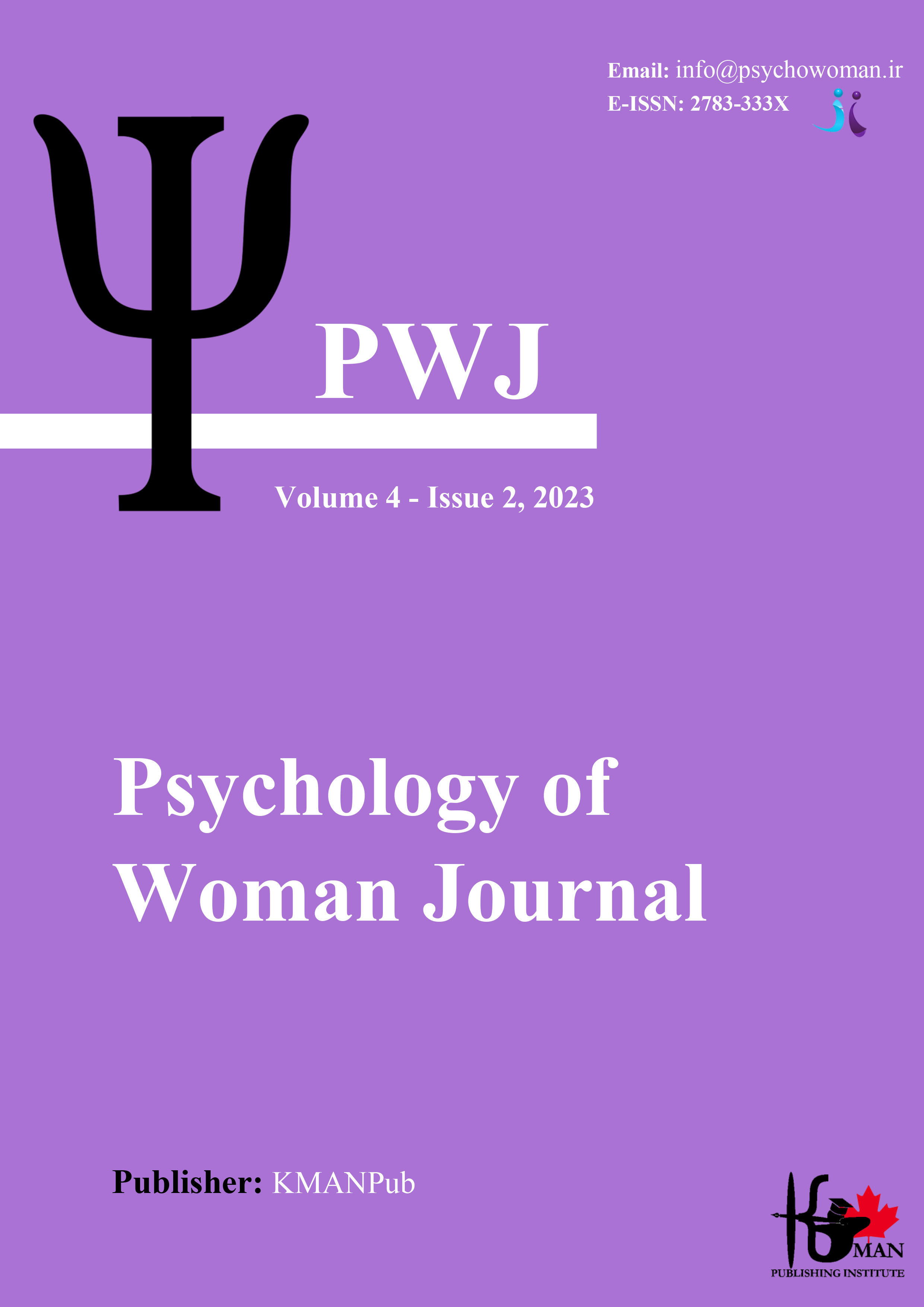Comparing the Effectiveness of Cognitive Behavioral Therapy and Acceptance and Commitment Therapy on Interpersonal Sensitivity and Loneliness in Adult Women with Depression in Chalus
Keywords:
Cognitive Behavioral Therapy, Acceptance and Commitment Therapy, interpersonal sensitivity, loneliness, depression, randomized controlled trialAbstract
Objective: The objective of this study was to evaluate and compare the effectiveness of Cognitive Behavioral Therapy (CBT) and Acceptance and Commitment Therapy (ACT) in reducing interpersonal sensitivity and loneliness among adult women diagnosed with depression.
Methods and Materials: This randomized controlled trial included 90 adult women from Chalus divided equally into three groups: CBT, ACT, and a control group. The statistical population included women with depression in Chalus in year 2023. Participants were assessed at baseline, post-intervention, and during a three-month follow-up. Standardized measures included the Interpersonal Sensitivity Measure (IPSM) and the UCLA Loneliness Scale. Statistical analyses involved repeated measures ANOVA with Bonferroni post-hoc tests, performed using SPSS-27.
Findings: Both CBT and ACT significantly reduced scores on interpersonal sensitivity (CBT: Pre-intervention 21.34 ± 4.56 to Follow-up 16.88 ± 4.02; ACT: Pre-intervention 21.56 ± 4.61 to Follow-up 16.59 ± 3.93) and loneliness (CBT: Pre-intervention 44.21 ± 5.34 to Follow-up 39.12 ± 5.07; ACT: Pre-intervention 44.56 ± 5.47 to Follow-up 38.98 ± 4.99) compared to the control group, which showed no significant changes. Repeated measures ANOVA indicated significant time effects for both interpersonal sensitivity (F(2, 87) = 6.61, p = 0.002) and loneliness (F(2, 87) = 7.01, p = 0.001), but no significant interaction between time and treatment type was observed.
Conclusion: Both CBT and ACT are effective interventions for reducing interpersonal sensitivity and loneliness in adult women with depression, with no significant differences in effectiveness between the two therapies. These findings suggest that either therapeutic approach can be suitable depending on individual patient preferences and clinical contexts.
Downloads
Downloads
Additional Files
Published
Issue
Section
License
Copyright (c) 2024 Samira Oladian (Author)

This work is licensed under a Creative Commons Attribution-NonCommercial 4.0 International License.










